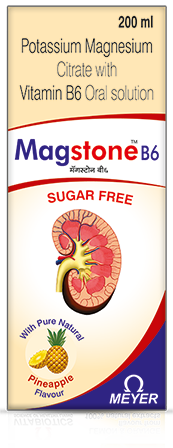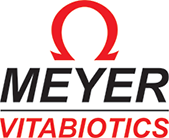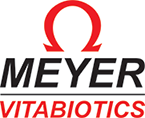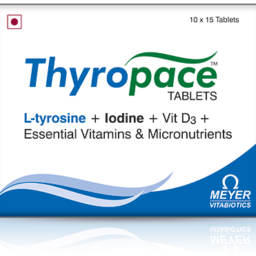
In Management of Renal Stones
Each 5ml contains:
Potassium Magnesium Citrate 978 mg
Pyridoxine Hydrochloride I.P. (Vitamin B6) 14 mg
(Each 5 ml contains approx. 3.5 m Eq. Magnesium Ion, 7 m
Eq.Potassium Ion, 10.5 m Eq. Citrate Ion, 14 mg Pyridoxine HCI)
Flavoured base q.s.
The First Effective & Safe management of recurrent renal stones
Potassium magnesium citrate solution when given orally, the metabolism of absorbed citrate produces an alkaline load.
In addition to raising urinary pH and citrate, this also increases urinary potassium and magnesium. In some patients, potassium citrate causes a transient reduction in urinary calcium.
These changes produce urine that is less conducive to the crystallization of stone-forming salts (calcium oxalate, calcium phosphate and uric acid). Increased citrate in the urine, by complexing with calcium, decreases calcium ion activity and thus the saturation of calcium oxalate. Increased magnesium in the urine, by complexing with oxalate decreases the oxalate ion activity and thus the saturation of calcium oxalate. Citrate and magnesium also inhibits the spontaneous nucleation of calcium oxalate and calcium phosphate (brushite).
The increase in urinary pH also decreases calcium ion activity by increasing calcium complexation to dissociated anions. The rise in urinary pH also increases the ionization of uric acid to more soluble urate ion.
Potassium citrate therapy does not alter the urinary saturation of calcium phosphate, since the effect of increased citrate complexation of calcium is opposed by the rise in pH-dependent dissociation of phosphate. Calcium phosphate stones are more stable in alkaline urine.
Pyridoxine is a co-factor of the Alanine-Glyoxylate-Transaminase (AGT) enzyme. Pyridoxine increases the activity of the enzyme AGT, thus glyoxylate is converted to glycine rather than oxalate, which decreases the urinary oxalate level.
| Ingredients | Quantity |
| Potassium Magnesium Citrate | 978 mg |
| Vitamin B6 | 14 mg |
| Magnesium Ion | 3.5 mEq |
| Potassium Ion | 7 mEq |
| Citrate Ion | 10.5 mEq |
| Pyridoxine HCL | 14 mg |
Pack: 200 ml
3 teaspoonful (15ml) diluted with one glass of water 2 times in a day after meal
- Prevention & treatment of recurrent Ca-Oxalate, Uric acid & Cysteine Stone
- Burning Micturition
- As an adjuvant in gout therapy
- Dysuria
- Oedema







